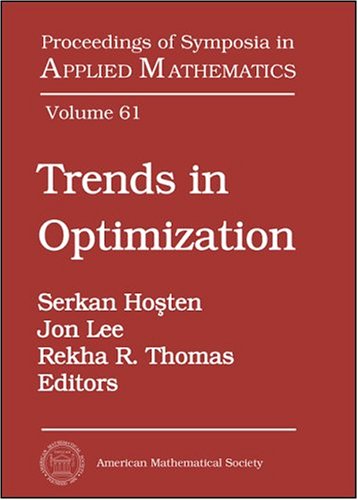

Most ebook files are in PDF format, so you can easily read them using various software such as Foxit Reader or directly on the Google Chrome browser.
Some ebook files are released by publishers in other formats such as .awz, .mobi, .epub, .fb2, etc. You may need to install specific software to read these formats on mobile/PC, such as Calibre.
Please read the tutorial at this link: https://ebookbell.com/faq
We offer FREE conversion to the popular formats you request; however, this may take some time. Therefore, right after payment, please email us, and we will try to provide the service as quickly as possible.
For some exceptional file formats or broken links (if any), please refrain from opening any disputes. Instead, email us first, and we will try to assist within a maximum of 6 hours.
EbookBell Team

4.1
100 reviewsIn particular, Karen Aardal describes Lovasz's fundamental algorithm for producing a short vector in a lattice by basis reduction and H.W. Lenstra's use of this idea in the early 1980s in his polynomial-time algorithm for integer programming in fixed dimension. Aardal's article, "Lattice basis reduction in optimization: Special Topics", is one of the most lucid presentations of the material. It also contains practical developments using computational tools.
Bernd Sturmfels' article, "Algebraic recipes for integer programming", discusses how methods of commutative algebra and algebraic combinatorics can be used successfully to attack integer programming problems. Specifically, Gröbner bases play a central role in algorithmic theory and practice. Moreover, it is shown that techniques based on short rational functions are bringing new insights, such as in computing the integer programming gap.
Overall, these articles, together with five other contributions, make this volume an impressive compilation on the state-of-the-art of optimization. It is suitable for graduate students and researchers interested in discrete optimization.